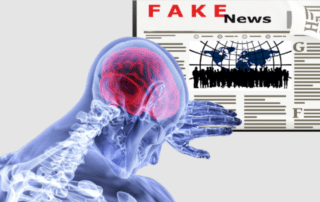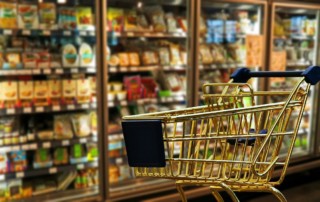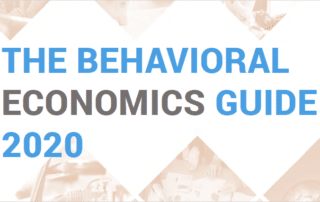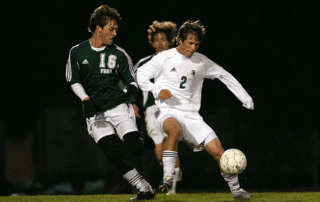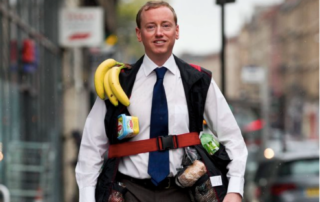Latest Insights
Fake News, False Memories and Flawed Decisions: A Behavioural Solution
At first glance, fake news and false memories appear to be separate phenomena. But they have much in common as dangerous sources of misinformation. This article argues that fake news generates false memories, which in turn leads to flawed decision-making. Ignoring this interplay amplifies risk for individuals, businesses and policymakers who rely on information accuracy. Behavioural science techniques can nudge decision-makers towards more proactive critical thinking and self-checking to minimise this predictable and avoidable error.
Do Lab Studies Replicate in the Field? The Case of Simplified Nutrition Labels
There is a growing concern that the academic literature, because of publication biases and other limitations of single-shot, lab-based studies, overstates the power of nudges in real life. We examined this issue in a 10-week RCT in 60 supermarkets comparing 4 front-of-pack simplified nutrition labels. The good news is that the ordering of the nutrition labels was the same as in published lab-based studies. The bad news is that our effect sizes were, on average, 17 times smaller than in the published literature.
Behavioral Economics Guide 2020 Launch – Event Video
On September 24, 2020, we teamed up with the Think Forward Initiative to celebrate the launch of the Behavioral Economics Guide 2020. Our panel of speakers presented their work around the event's main topic 'What can behavioral economics contribute to tackle the threat of climate change?'. Here's a video recording of the event.
Sports in the Service of Economics
An increasing number of academic studies have used sports data to investigate economic behavior. Sports data are not only readily available, they also provide an excellent laboratory to study human behavior in real competitive environments. In this article, I will present several examples of my own work that have used sports data to explain fundamental economic theories, as well as articles that showed divergences of economic decision making from neo-classical theories.
Why We Know so Little About Culture and Decision-Making
There is a lot of evidence on the variation of human experience and that economic, social and linguistic environments strongly shape people’s behaviour, motivations and preferences. Despite this, these topics have not received a lot of attention in decision making psychology. In this article, I shed some light on the background of why this is the case.
Charge for Use or Nudge to Reuse? Interventions to Discourage Plastic Consumption
Gauri Chandra discusses the negative implications of charging for single-use plastic bags and suggests alternative behavioural interventions.


